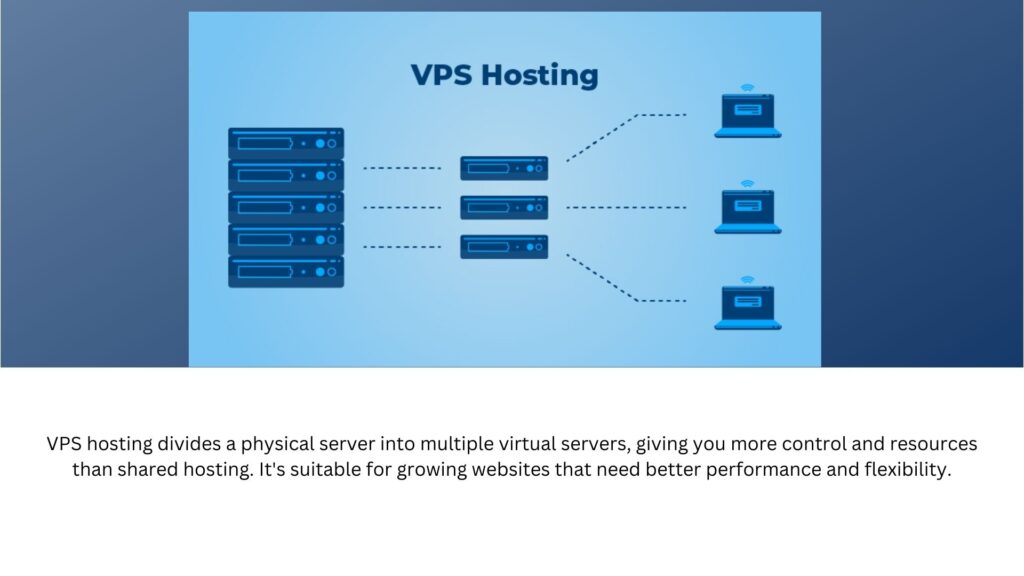The Basics of Web Hosting: A Beginner’s Guide
Introduction
In today’s digital world, having a strong online presence is crucial for any business or individual looking to reach a broader audience. At the core of this online presence is web hosting, a service that allows your website to be accessible on the internet. Understanding web hosting is essential for anyone looking to create and maintain a successful website.
What is Web Hosting?
Web hosting is a service that stores your website’s files on a server and makes them available to users on the internet. When someone types your website’s URL into their browser, the web hosting service ensures they can access your site by delivering the necessary data from the server.
Types of Web Hosting
There are several types of web hosting, each with its own advantages and disadvantages:
1. Shared Hosting
In shared hosting, multiple websites share a single server’s resources. This is an economical option, ideal for small websites and blogs. However, it may lead to slower performance if other sites on the server experience high traffic.
2. Virtual Private Server (VPS) Hosting
VPS hosting divides a physical server into multiple virtual servers, giving you more control and resources than shared hosting. It’s suitable for growing websites that need better performance and flexibility.

3. Dedicated Hosting
Dedicated hosting provides an entire server exclusively for your website. This offers maximum performance, security, and control, making it ideal for large businesses with high traffic.
4. Cloud Hosting
Cloud hosting utilizes a network of interconnected servers to host websites. This ensures high availability and scalability, as resources can be adjusted based on demand. It’s a good choice for websites with fluctuating traffic.
5. Managed Hosting
Managed hosting takes care of the technical aspects of hosting, such as updates, security, and backups, allowing you to focus on your website’s content and growth. This is perfect for those who prefer a hands-off approach.
Key Features to Look for in a Web Hosting Service
When choosing a web hosting service, consider the following features to ensure it meets your needs:
- Reliability and Uptime: Look for a hosting provider that guarantees at least 99.9% uptime to ensure your website is always accessible.
- Speed and Performance: Fast loading times are crucial for user experience and SEO. Choose a hosting service with powerful servers and CDN integration.
- Security: Ensure the hosting provider offers robust security measures, such as SSL certificates, firewalls, and regular backups.
- Customer Support: Opt for a host with 24/7 customer support to assist you with any issues or queries.
- Scalability: Your hosting service should be able to grow with your website, offering easy upgrades to more powerful plans as needed.
How to Choose the Right Web Hosting Service
Choosing the right web hosting service can be overwhelming, but considering your website’s specific needs can make the process easier. Here are some steps to guide you:
- Assess Your Needs: Determine the type of website you’re building, its expected traffic, and any special requirements.
- Research Providers: Compare hosting providers based on their features, pricing, and customer reviews.
- Test Customer Support: Reach out to potential providers with questions to gauge their responsiveness and helpfulness.
- Consider Long-Term Costs: Look beyond initial pricing and consider the cost of renewals and any additional features you may need.
Resources for Further Reading
- Kinex Technology: Hosting Solutions
- Hostinger: How to Choose the Best Web Hosting Service
- Bluehost: Understanding Different Types of Web Hosting
- SiteGround: Web Hosting Explained
Conclusion
Web hosting is the backbone of your online presence, playing a critical role in the performance, security, and accessibility of your website. By understanding the different types of hosting and what to look for in a provider, you can make informed decisions that will support your website’s growth and success.
“A website without good hosting is like a house built on sand.”




Write a Comment